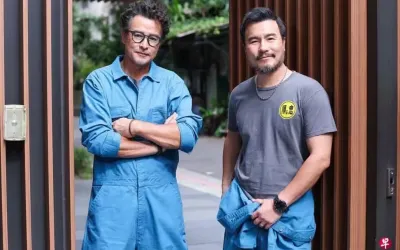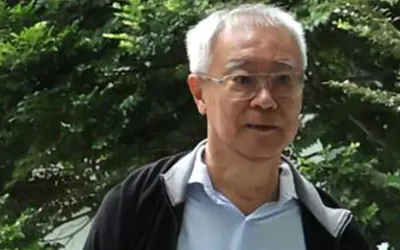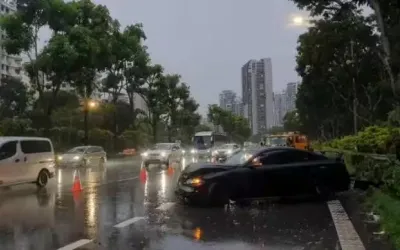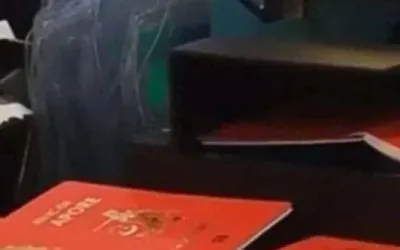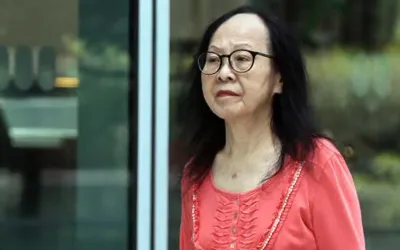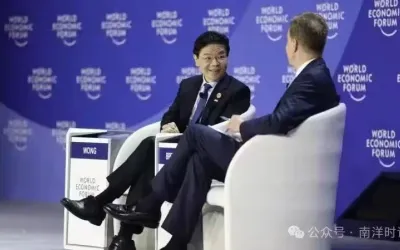The Minister of State for Education (Ms Gan Siow Huang) (for the Minister for Education): Mr Speaker, may I have your permission to answer Question Nos 7 and 8 together?
Mr Speaker: Please go ahead.
Ms Gan Siow Huang: Thank you, Mr Speaker. Based on findings from the Household Expenditure Survey 2023 conducted by the Department of Statistics (DOS), the overall growth in tuition expenditure across all households was similar to the growth in overall household income from all sources. It was also similar to the increase in the Consumer Price Index for enrichment and supplementary courses.
The Ministry of Education (MOE) recognises that the reasons for taking up tuition are varied. While there are some students who genuinely need more dedicated help in coping with their studies, there are others who take tuition even though they are coping well. Excessive reliance on tuition can diminish students’ joy of learning and take time away from their holistic development. It can even be detrimental when students struggle to cope with the additional demands of tuition.
MOE has introduced policy changes to shift away from an over-emphasis on academic results and broaden the definition of success. But these moves will not be as effective if mindsets do not shift. We must shift our focus from putting our children through excessive competition against others based solely on academic results, to giving more time and space for holistic development of our children and also helping them to maximise their individual talents and strengths, so that they can be the best versions of themselves.
As Dr Wan Rizal and Mr Yip Hon Weng highlighted, the data from DOS also shows a disparity in tuition expenditure between households of different income quintiles. This is consistent with global trends, where parents who are better endowed will use their resources and networks to support their children’s development. They sign their children up for more, or more expensive enrichment and tuition, hoping that this will help their children in their studies. MOE is not in a position to intervene in such personal decisions.
But regardless of a student’s socio-economic background, MOE will continue to make sure that our education system provides sufficient opportunities for all students to reach their fullest potential, regardless of their background and this is even more important for students from lower-income households.
To this end, MOE has devoted significant resources to support students with higher needs. For instance, our schools provide specialised academic intervention for primary and secondary school students who need more support to build their literacy and numeracy foundation through the Learning Support Programme and the Learning Support for Mathematics. [Please refer to "Clarification by Minister of State for Education", Official Report, 5 February 2025, Vol 95, Issue 151, Correction By Written Statement section.]
Schools also have partnerships with volunteers and self-help groups that provide affordable academic support. One example is the Collaborative Tuition Programme, which provides students, particularly those from lower-income households, with subsidised tuition.
The Organisation for Economic Co-operation and Development (OECD) Programme for International Student Assessment (PISA) 2022 has affirmed our efforts. Our students from lower-income families out-performed the OECD average in the core domains of reading, mathematics and science, as well as in creative thinking.
Mr Speaker, MOE cannot advance social mobility on our own. A whole-of-society effort is needed to share our resources and networks with those who are less well-endowed, broaden our definitions of success, reduce academic stress and recognise the contributions of those with different skills and talents.
Mr Speaker: Dr Wan Rizal.
Dr Wan Rizal (Jalan Besar): Thank you, Mr Speaker. I thank the Minister of State for the reply. I am glad to hear that we are doing things to change the mindset of this perceived idea of the necessity of tuition. Beyond financial concerns, is MOE studying the impact of this tuition culture on students' well-being and stress levels? Such information could be helpful for us to push further a change in this mindset.
My next question is really on how I have heard about the financial support for the lower-income families, but I do also note that there are families who are in the middle-income who feel that they need support for their children. Are there measures by MOE to address these issues and concerns by such families?
Ms Gan Siow Huang: MOE is certainly concerned as well about stress that can be brought onto students because of excessive reliance on tuition, especially if the tuition does not help students in improving their learning and understanding of the subjects that they are studying but instead, take away precious time for them to grow and develop themselves holistically. So, certainly, we will be keen to undertake studies and also research with partners in this field.
On the subject of support for students from middle-income families, we do have broad-based support. In fact, we have increased the amount of bursary that is provided to our students, even for those from middle-income households. And our education system, in general, provides support for students, even for those from middle-income households.
I would like to say that actually the more important thing for us is to understand why there is demand for tuition from students and their parents. I think, tackling that is the crux of the matter and for that, we seek the support of parents and the community in helping shape the mindsets about over-emphasis on academic results and broadening the definition of success for our students.
Mr Speaker: Mr Yip Hon Weng.
Mr Yip Hon Weng (Yio Chu Kang): Thank you, Mr Speaker. I thank the Minister of State for her reply. I have two supplementary questions. Has the Ministry conducted or considered conducting longitudinal studies to track the long-term outcomes of students of various income backgrounds, particularly in relation to their access to private tuition and subsequently social mobility?
Secondly, are there efforts to build confidence in our public education system's ability to meet diverse learning needs without external supplications, such as private tuition?


